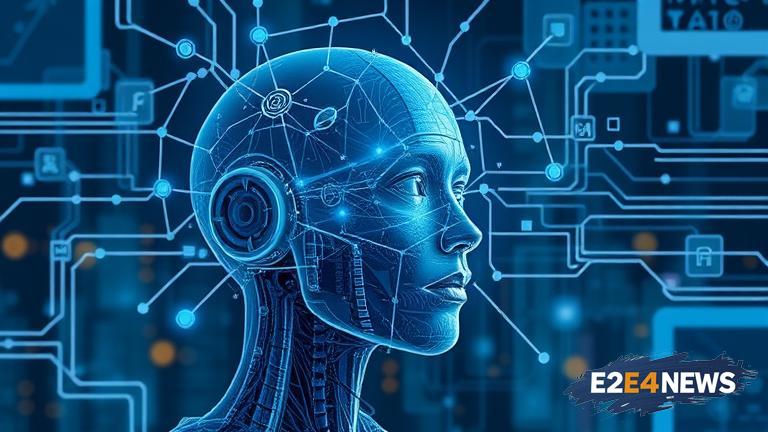The increasing use of artificial intelligence in various industries has raised significant concerns about liability, with courts and employers struggling to keep pace with the rapidly evolving technology. In recent years, there have been numerous instances of AI-related accidents and errors, resulting in injuries, damages, and even fatalities. As a result, the question of who is liable when AI systems fail or cause harm has become a pressing issue. Courts are now being forced to consider the role of AI in liability cases, with some judges and lawyers arguing that the technology is still in its infancy and that existing laws are insufficient to address the complex issues that arise. Employers, too, are grappling with the implications of AI liability, as they seek to minimize their exposure to potential risks and damages. One of the key challenges is determining whether the manufacturer, the user, or the AI system itself is responsible when something goes wrong. This has led to a growing debate about the need for new laws and regulations that specifically address AI liability. Some experts argue that the current legal framework is inadequate and that new legislation is needed to provide clarity and consistency in AI-related liability cases. Others, however, believe that existing laws are sufficient and that the focus should be on developing industry standards and best practices for the development and deployment of AI systems. As the use of AI continues to expand, it is likely that the issue of liability will become increasingly important, with significant implications for businesses, individuals, and society as a whole. The development of AI technology has the potential to bring about numerous benefits, including improved efficiency, productivity, and decision-making. However, it also raises important questions about accountability, transparency, and responsibility. In order to address these concerns, it is essential that courts, employers, and lawmakers work together to develop a comprehensive framework for AI liability. This will require a nuanced understanding of the complex technical, legal, and social issues involved, as well as a willingness to adapt and evolve as the technology continues to advance. Ultimately, the goal should be to create a system that balances the benefits of AI with the need to protect individuals and society from potential harms. By doing so, we can ensure that the development and deployment of AI technology is done in a responsible and sustainable manner. The issue of AI liability is not limited to any one industry or sector, but rather has far-reaching implications for a wide range of fields, including healthcare, transportation, finance, and education. As such, it is essential that a comprehensive and coordinated approach is taken to address the complex issues involved. This will require the collaboration of experts from multiple disciplines, including law, technology, ethics, and policy. By working together, we can develop a framework for AI liability that is fair, effective, and responsive to the needs of all stakeholders. The use of AI technology has the potential to bring about significant benefits, but it also raises important questions about accountability and responsibility. As we move forward, it is essential that we prioritize the development of a comprehensive framework for AI liability, one that balances the benefits of the technology with the need to protect individuals and society from potential harms. The issue of AI liability is complex and multifaceted, and it will require a sustained and coordinated effort to address the challenges involved. However, by working together and prioritizing the development of a comprehensive framework, we can ensure that the benefits of AI are realized while minimizing the risks and harms associated with the technology. In conclusion, the issue of AI liability is a pressing concern that requires immediate attention and action. By developing a comprehensive framework for AI liability, we can ensure that the technology is developed and deployed in a responsible and sustainable manner, one that balances the benefits of AI with the need to protect individuals and society from potential harms.
